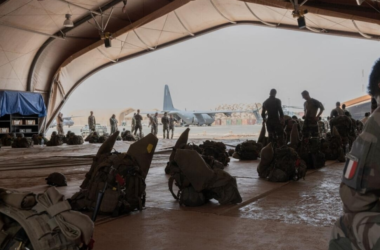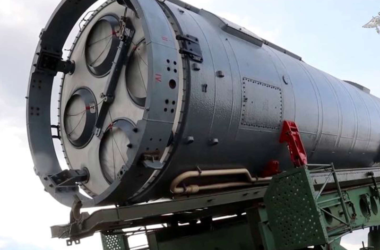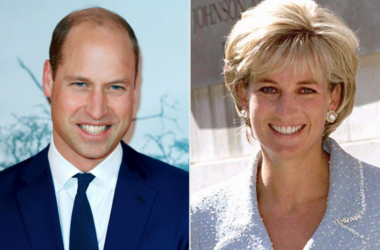Ukraine’s Parliament is experiencing significant dysfunction, heavily impacting its ability to function as a governing body. With the president’s party divided, the government is increasingly reliant on support from formerly pro-Russian lawmakers to pass legislation. This reliance, critics argue, reduces parliamentary scrutiny and undermines its role.
The ongoing conflict and martial law have exacerbated the situation, as no elections can be held to replace members who have switched jobs, joined the army, fled, or quit. This often leaves more than 10 percent of lawmakers absent from parliamentary sessions. Ministers, although legally required to attend hearings when summoned, sometimes do not show up without facing repercussions.
President Volodymyr Zelensky’s party, Servant of the People, once held a commanding majority but has splintered into factions. To pass key bills, it must now secure votes from former members of a now-banned pro-Russian party. According to Ukrainian political analyst Volodymyr Fesenko, this situation illustrates how a wartime Parliament has been sidelined and its influence diminished.
The lack of a cohesive parliamentary majority has led to unusual alliances, denting the government’s credibility. Critics argue that Parliament’s disarray has weakened its oversight of government agencies, even as substantial foreign aid flows into Ukraine. Accusations of corruption and mismanagement are common, exemplified by the resignation of an official overseeing Western-financed reconstruction due to poor management of funds.
Furthermore, the concentration of power in the president’s office has intensified criticism. Since the start of the conflict, President Zelensky has consolidated television outlets and curbed ministers’ independence. Although no serious constitutional violations are alleged, and the majority of Ukrainians still support Zelensky, there is concern over the centralization of power.
Despite the challenges, the fact that Parliament has continued to convene during the conflict is seen by some as a success. Early in the invasion, sessions were held in secret, but regular meetings resumed after air defenses improved. However, the Parliament’s intended power, as outlined in the Constitution, has not been realized during the conflict.
The internal divisions within Zelensky’s party, exacerbated by the conflict, have only deepened. The party’s leadership rarely musters the necessary votes to pass legislation independently, often relying on support from former Opposition Bloc members. This alliance has facilitated the passage of important laws, including those expanding the draft and shaping oversight of foreign aid. However, critics argue that this compromises Parliament’s independence, as former pro-Russian politicians are vulnerable to prosecution for treason and lack effective oversight capabilities.
The disarray in Parliament also prevents opposition party members from leaving the country to engage with allied governments, further limiting their influence. Dmytro Razumkov, a former speaker now in opposition, criticizes this situation, stating that Parliament is excluded from decision-making and merely approves decisions without influencing them.
Even leaders within the governing faction acknowledge the crisis. Earlier this year, Davyd Arakhamia, leader of the Servant of the People faction, remarked on the approaching crisis in Parliament. Yuriy Boyko, a former leader of the Opposition Bloc, stated that the conflict had shifted his views on Russia and that his group now supports the war effort by backing government-sponsored legislation.
Opposition members like Oleksii Goncharenko argue for the importance of constructive opposition during the conflict, criticizing the inclusion of former pro-Russian party members in Parliament due to their susceptibility to prosecution. Goncharenko has proposed legislation to expel these members, arguing that their votes are essential for the government, which compromises Parliament’s effectiveness.
Ultimately, the current state of Parliament, acting more as a notary for the president’s decisions rather than an independent legislative body, highlights the severe dysfunction and the challenges facing Ukraine’s democracy during wartime.








